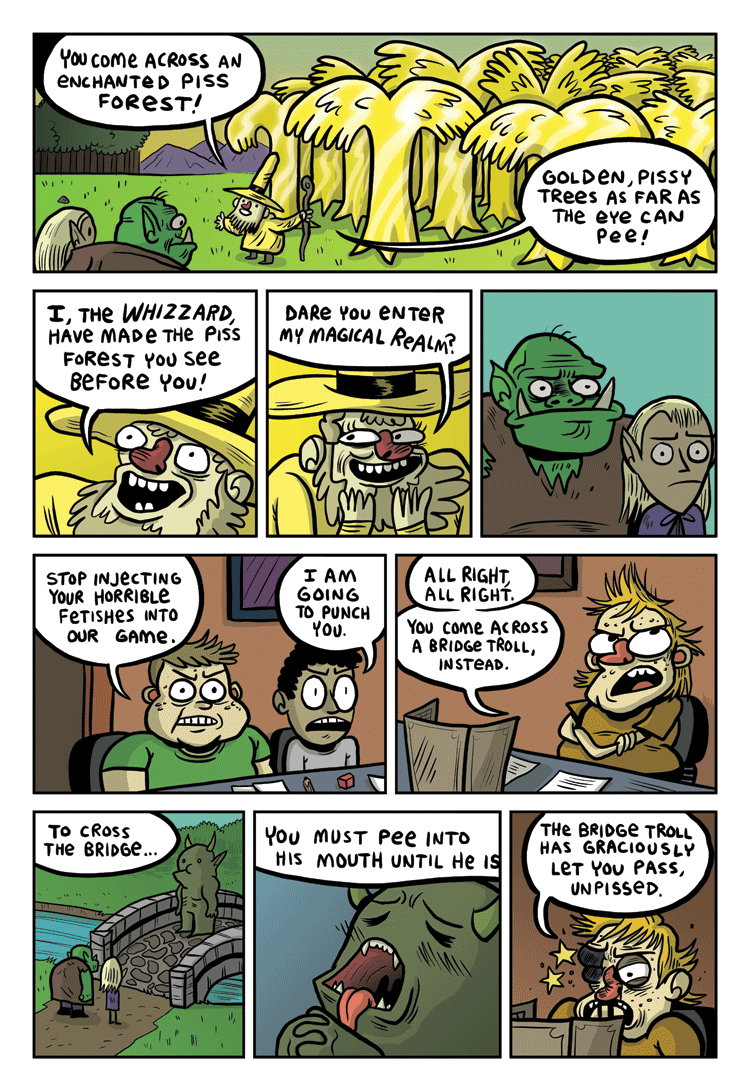1. Don't stop to read the manual while in the middle of action. If necesary, just make shit up as you go, rectify later. Pace is more important than strict rule balance, specially if you can tell your players "remember when...? Doesn't work exactly like that" later.
2. Don't Deus ex Machina, unless you can explain it perfectly AND it is extremely badass.
3. Don't give players a single gold piece more than they know what to do with. Keep them thirsty but alive. Showing them cool things they could be buying IF they had the money may help, be it items form the manual or in-game ideas (such as... A castle, things like that).
4. If your players aren't specially forthcoming when it comes to roleplaying or keeping with the missions, you may want to assign them some permanent NPC that can talk them into missions / remind about objectives without becoming patronizing. When playing D&D, I like to use a low-level bard that writes the tales of the group spoils (no, he's not called Deekin), and doesn't get involved at all with the action or anything else unless they're desesperate for help.
Also, if you know their tastes, work hard to give them a story that they will enjoy. Sometimes creating the story that YOU would like is very satisfying, but don't let that happen constantly or you won't have players to play your story.
IMPORTANT: This only applies if the players have no idea about what to do or what are they doing. If possible, it would be prefered that they make their own stories instead of feeding them what you want them to.
5. Don't let players decide background traits when they become relevant. If they haven't specified that their house has a fire-proof system before it catches fire, they it doesn't have one. If the mother of a character is suspected guilty of an assassination, she hasn't lived at Cuba all along unless this was said before the DM mentioned the issue.
6. Don't make all out to be everything it seemed to be. Plot twist constantly. Treasons. Lie to them. Presenting everything to be as it seems at first glance is a boring cancer present not only at role-playing, but also films and literature. This doesn't mean at all that those treasons have to end with them killed, just spicing up the story.
7. Create memorable villains that don't die as soon as they encounter them. Wizards, with their teleports, contingencies, etc, are good for this. "Random boss #5" fights should be banned from existence. He always should be somebody they've meet before, somebody they've heard of, or something that has been foreshadowed (as in "there have been subtle hints of the bid bad being a red dragon, which they realize only after actually seeing the dragon by themselves").
8. Remember to describe the places the group is at. You may see it bright as day in your mind, but they may not know that the door is made of wood and therefore smashable unless you mention it!
Genocidicles said:
Don't make your own super powered, Mary Sue character that does all this cool shit that the player characters could never hope to match.
It sounds like a no-brainer, but loads of DMs I've played with did it to some extent.
But... but... there's no reason to DM if you can't avatar yourself int othe game!!!!


